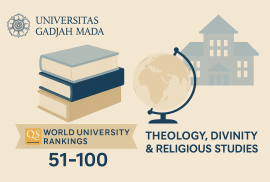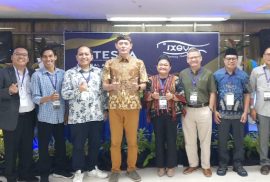Rezza P. Setiawan
Center for Religious and Cross-cultural Studies
Polarization is so pervasive that it touches almost every aspect of our lives, including the issues of religion, environment, social, politics, and economy. Thus, polarization cannot be viewed separately from other interrelated issues, which requires scholars to observe its many aspects in order to understand the phenomenon.
ICRS’ (un)conference titled “Polarization and its Discontent in the Global South: Mitigation Measures, Strategies, and Policies” was held on 24–25 April 2025 at Universitas Gadjah Mada, Yogyakarta. The discussion invited four speakers from diverse backgrounds: Daniel Medina from the Institute for Integrated Transitions (IFIT), Colombia; Ana Carolina Evangelista from the Institute of Studies on Religion (ISER), Brazil; Nicholas Adams from the University of Birmingham, United Kingdom; and Nurhuda Ramli from IMAN Research, Malaysia; with Dicky Sofjan from ICRS and Globethics moderating the discussion. This article will present polarization not as an isolated entity but as a complex phenomenon in entanglement with many other intersecting phenomena by highlighting several talking points of the plenary session speakers.










